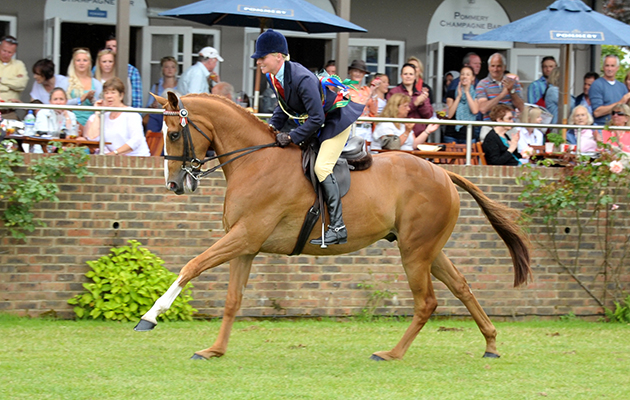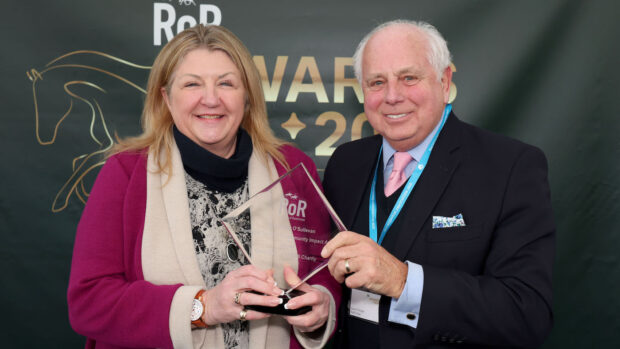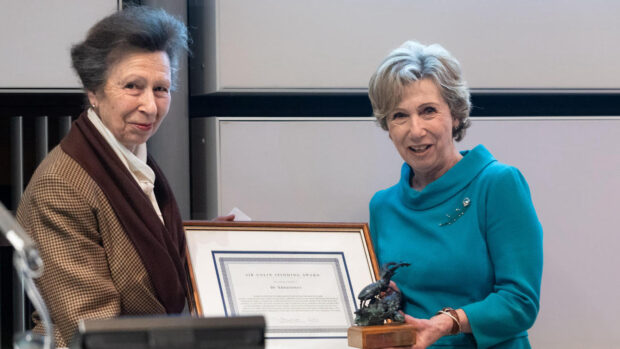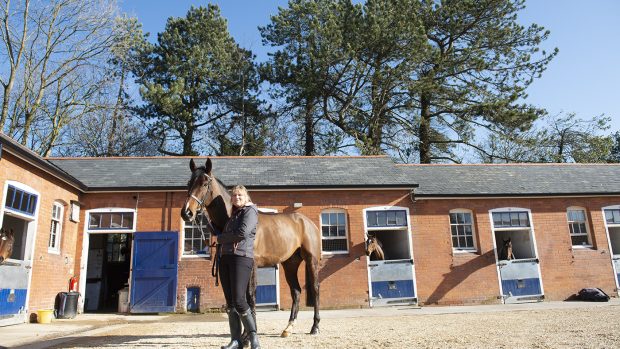Find out why you should consider taking an ex-racehorse on and why you need to think seriously about your decision first
1. Ex-racehorses can excel in every discipline
“Retired racehorses are extremely versatile, intelligent and quick at learning new skills, therefore they can generally adapt to almost all equestrian disciplines,” says Gillian Carlisle, chief executive of The British Thoroughbred Retraining Centre. “It is however fair to say racehorses struggle with developing the same amount of collection and engagement and therefore higher level dressage can be a challenge too far for many retired horses. Over the years, retired racehorses have competed at the highest level in eventing. Obviously this needs enormous luck as well as the normal talent and dedication, but thoroughbreds are bred to compete and will always repay your efforts.”
2. …But you do need to have the right support
“Anyone who is thinking about taking on a retired racehorse must ensure they have adequate experience, suitable facilities and that they have sufficient time,” Gillian says. “It’s also preferable if they have a support network in place, whether that be an instructor or a retraining centre, so they’ve got someone to turn to if they require any help or advice.”
3. They can make great hacking horses
“There are horses who’ve never raced, or raced very lightly, and who are just too slow with low miles on the clock so will lend themselves well to an alternative career,” says Grace Muir, chief executive of racehorse rehoming charity HEROS. “They also make great hacks or leisure horses.”
Continued below…

Expert advice on how to train an ex-racehorse
We ask the experts what steps you should take once you have got your new ex-racehorse home
4. Many of them will already have been retrained
HEROS, for example, does a great deal of work with the horses before looking to rehome them. “We endeavour to iron out any initial common problems before we re-home our horses — standing to mount, hacking alone, turnout routines, different tack, different aids etc,” says Grace. “Each horse is different so the challenges can be very few with the horse adapting to a new way of life easily, while some take longer and can be more complex.”
5. …But they’re still not a good choice for a first horse
“A novice rider with little horse husbandry knowledge is not the right person to be thinking of taking on a racehorse. They’re not good first horses. Owners need to have an understanding of the amount of time and care required in caring for the horse,” says Grace. Graham Oldfield, co-founder of The Racehorse Sanctuary, adds the following common sense suggestions to the list of unsuitable candidates: “The very young, an elderly person who wants a quiet hack, and those who have ridden at their local riding school and have decided it is time to have their own horse.”
6. They’re very loving
“They can be extremely affectionate and thrive on human interaction,” says Gillian.
7. …But can be high maintenance
“Thoroughbreds need more frequent shoeing and dental care than many other breed,s but they amply repay this extra commitment because most thoroughbreds love the company of humans. A thoroughbred needs a purpose in life and they do not do well simply turned out in a paddock to fend for themselves,” Gillian adds.
8. The idea that thoroughbreds suffer more from ulcers and injuries than other breeds is a myth
“The ailments and injuries referred to can be associated with all equines,” points out Graham Oldfield. “Sadly the thoroughbred is believed to be worse than others, although personally I don’t think that this is the case. It’s spoken about more frequently with the thoroughbred due to the sheer numbers of horses coming out of training. These problems need to be dealt with when they occur as would be the case with any other breed.”
9. …But they may already have wear-and-tear from their racing career (that may cost you in vet’s bills)
“The National Hunt horses in general are more straightforward and level-headed, but can so often come with a history of injuries. The two, three and four-year olds coming straight from flat racing can be a lot more flighty, particularly the two-year olds physiologically as they’ve covered so much in their short lives and are still babies at heart,” says Graham.





